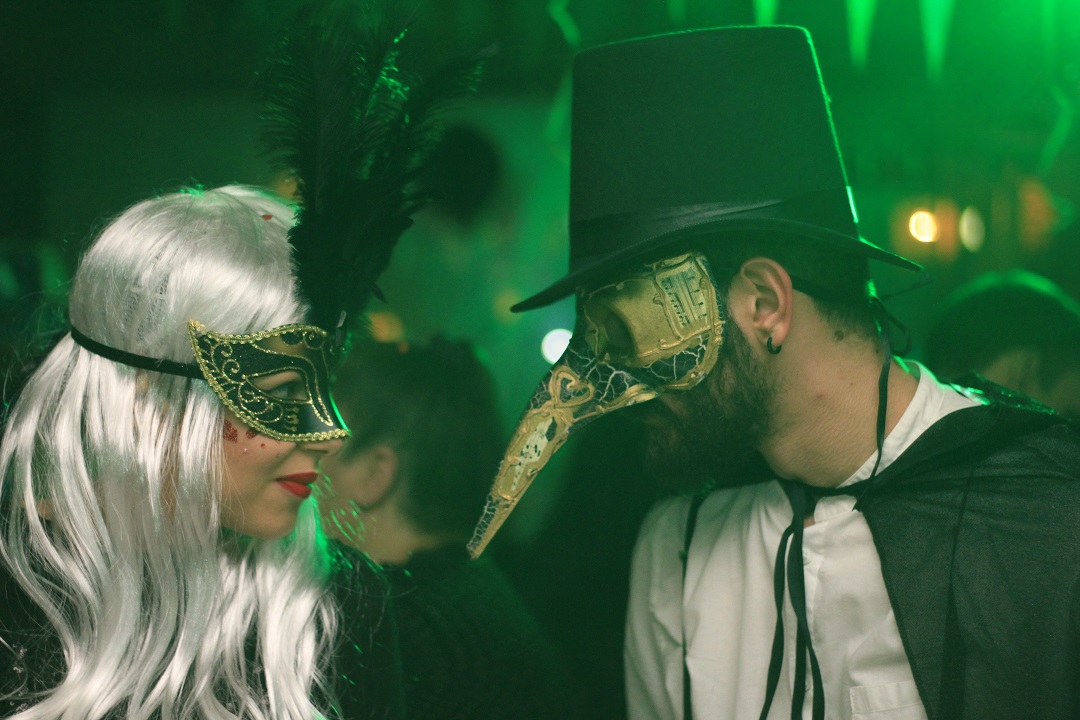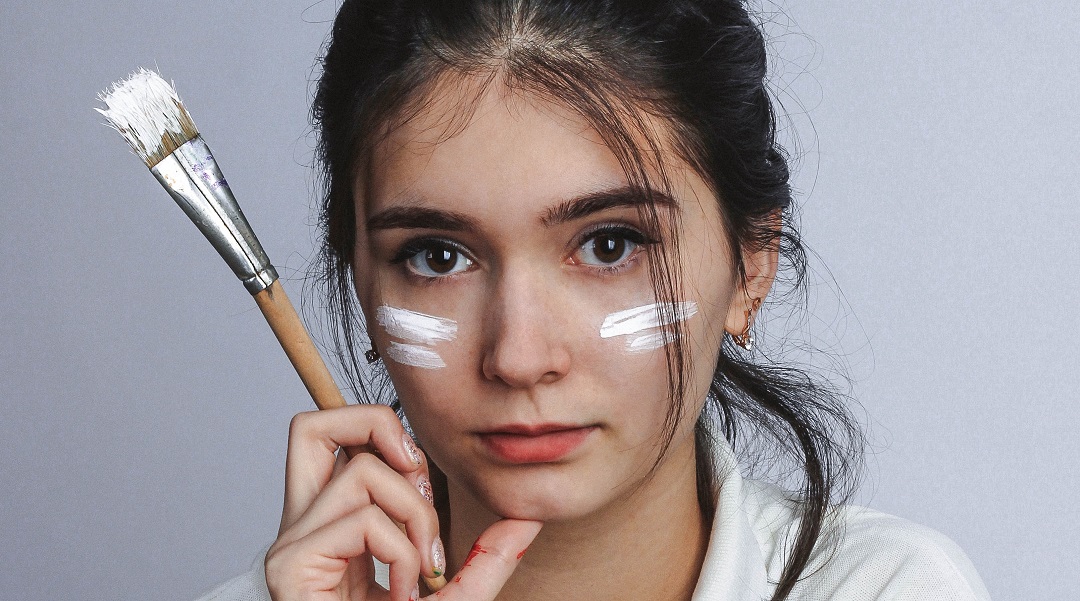Can you outgrow autism? Latest science says ‘no’

There are fewer adults diagnosed with autism than there are children.
Does that mean autistic children outgrow autism? No. But adults can learn to hide their autism, creating the illusion that they are no longer autistic.
Also, it is not a good thing to assume children can ‘outgrow’ their autism.
I still remember the first time I mentioned to my parents that I was working on a research project about older autistic adults. They responded, “what do you mean by autistic adults? Doesn’t autism only occur in children?”
In my parents’ mind, autism only affects children, and children can grow out of it.
I was very surprised because this is simply not true. This conversation raised an interesting question: what made my parents think this is the case?
Difference in diagnostic number between adults and children
The Centre for Disease Control estimated that approximately 2% of Americans are autistic, and the Australian Bureau of Statistics (ABS) estimated that approximately 1% of Australians are autistic.
Nearly all diagnosed autistics received their diagnosis before turning 25 years old. Only 1 in 5 (or 20%) of autistic people receive their diagnosis after they turned 25.
Does that mean that most kids and teenagers grow out of their autism when they become adults? No, it is more complicated than that.
One of the reasons that most people are diagnosed when they are young is because autism research has focused on kids.
Also, the tools available to diagnose autism were designed to use in kids. Although this is starting to change, our health care and educational systems are still mostly focused on children when it comes to autism.
So, this is a case of “I only found food in the fridge because I only looked for food in the fridge”. We mostly diagnose kids with autism because we mostly look for autism in kids.
Why has there been a focus on assessing and diagnosing children instead of adults?
Mostly, it comes down to money. There are financial benefits to assessing and diagnosing children, including more research money, educational supports, and disability support or insurance.
There are other reasons too. The Western schooling system can quickly identify when a child is neurodivergent, as this system was designed for neurotypical (i.e., not autistic or neurodivergent) kids.
Even when an adult knows they are autistic, the DSM-5 criteria used to get a formal diagnosis is not easily applied to adults. Although it was recently updated to address this, it still has a focus on children.
Also, diagnosing autism is harder in an adult than it is in a kid, because many autistic adults have learned to hide their autism by ‘masking’.

Autistic people learn to hide their autism under a ‘mask’
Social masking is a coping strategy used by autistic kids and adults. When masking, autistic people use a lot of effort to monitor and change their own actions, voice, and personality to be more like the allistic (i.e., not autistic) people around them.
When an autistic person masks, they camouflage their real selves, and ‘copy’ or ‘act’ like allistic people expect them to. For example, they may copy allistic eye contact, hand gestures, or tone of voice.
Masking doesn’t often come naturally for autistic people. It isn’t easy and it can lead to stress and exhaustion.
If you’ve never heard of the terms ‘allistic’ or ‘masking’, check out our neurodiversity and science glossary to learn more: https://atypicalscience.org/about/glossary/
A recent study found that 70% of autistic adults socially ‘camouflage’ themselves frequently and consistently.
Why? You may ask. Masking is not a lie, but in a society, where being different isn’t always accepted, masking has some social benefits. These include making friends and avoiding being bullied.
Autistic adults often feel they “have to” mask, that they don’t really have a choice. They feel that if they don’t mask, they could lose a relationship or even a job.
Autistic kids mask too, but by the time they are adults, they can be very good at it. As kids grow-up and become better at masking, this tricks others into thinking they are no longer autistic.
Autistic adults can be so good at masking, even their families and doctors think that they no longer have any autistic traits – sometimes a doctor will even take away their autism diagnosis.
Masking in autistic adults helps explain why some research found that autistic children “lost” their autism as they got older.
Now we know they didn’t grow out of autism; they just became better at hiding it.
Masking also explains why less adults are diagnosed as autistic. It isn’t because there aren’t as many adults with autism, it is just that autistic adults don’t show their autism to others.
Adults need an autism diagnostic tool which is specific to autism in adults. It simply doesn’t make sense to expect an adult to behave the same as a child, even if they are autistic.
Giving autistic adults a diagnosis is important
If social masking means that autistic adults don’t show their autism, why does it matter if they are diagnosed as autistic or not?
Well, social masking does come with a cost. Studies found that frequent social masking can lead to:
- Exhaustion.
- Stress.
- Burnout.
- Low self-esteem.
- Loss of identity.
In other words, masking helps other people, but doesn’t help the autistic person. Masking does not address the many social challenges an autistic person has – in fact, it can make things worse.
Previous studies found that risk of depression and suicide in autistic adults depends on how they are supported. If you don’t have an autism diagnosis, and if you always have to hide who you really are behind a mask, then you don’t get the support you need.
In my opinion, researchers should study adult autism and develop diagnostic tools specifically for autistic adults.
A diagnosis not only helps an autistic person to understand themselves but can be used by others to ensure that the support and care they provide is suitable.
For example, if you know you are autistic, you can get access dedicated learning support when studying at university or can create flexibility in your job to suit your unique needs.
Appropriate support such as strength-based development programs helps autistic adults to feel comfortable to be themselves, learn to overcome their social challenges, and only use social masking when necessary.
Myth busted: Kids do not outgrow autism
So, the answer to my parents’ question on “Doesn’t autism only occur in children?” is no.
According to the best available scientific evidence, autism does not go away as autistic people get older.
Autism isn’t something you have; it is something you are. Autism is just one unique and beautiful way that humans can be different.
Statistics make it look like kids can “grow out of autism”, but that is not what is happening. In fact, it is important that this myth is busted.
Believing that children will grow out of their autism can be harmful in many ways:
- Because it is not true, the myth gives false expectations to the parents and the child.
- Believing the myth can make autistic adults think of themselves as ‘failed’ allistic people, when they are actually successful autistic people.
- Children can be scared that if they do not grow out of their autism, they will be further discriminated against, isolated, stigmatized, and excluded.
- Autistic adults may rely too heavily on masking, leading to burnout and depression.
- Autistic adults who believe they “grew out” of autism won’t access the support they need and deserve.
Also, autistic adults should know social masking is not the solution for all social challenges. Autistic adults deserve care, support, and funding as well.
Therefore, this myth is busted! It is time to put this false assumption behind us. Let’s acknowledge the autistic adults, accept them, support them, and help them to reach their full potential.
Disclaimers
All information provided on this website and in any of our associated platforms is general in nature and should not be considered as a recommendation or advice specifically for you or your networks, business, or others connected to you. The content of this article is for information purposes only, is not health or personal advice, and you rely on this information at your own risk.
Please seek individualized professional advice before making any decisions about health, medical, personal, business, or social care.
The authors of this post have no conflicts of interest.
Authors:
Article lead: Harry Pan (BPsySci)
Co-author: Dr Skye Marshall (PhD, APD)
Meet our team: https://atypicalscience.org/about/team/
References:
Australian Institute of Health and Welfare. (2017). Autism in Australia, Autism. Retrieved February 10, 2022, from https://www.aihw.gov.au/reports/disability/autism-in-australia/contents/autism
Camm-Crosbie, L., Bradley, L., Shaw, R., Baron-Cohen, S., & Cassidy, S. (2018). ‘People like me don’t get support’: Autistic adults’ experiences of support and treatment for mental health difficulties, self-injury and suicidality. Autism, 23(6), 1431–1441. https://doi.org/10.1177/1362361318816053
Crane, L., Adams, F., Harper, G., Welch, J., & Pellicano, E. (2018). ‘Something needs to change’: Mental health experiences of young autistic adults in England. Autism, 23(2), 477–493. https://doi.org/10.1177/1362361318757048
Mandy, W. (2019). Social camouflaging in autism: Is it time to lose the mask? Autism, 23(8), 1879–1881. https://doi.org/10.1177/1362361319878559
Dietz PM, Rose CE, McArthur D, Maenner M. (2020). National and State Estimates of Adults with Autism Spectrum Disorder. Journal of Autism and Developmental Disorders. https://doi.org/10.1007/s10803-020-04494-4
Join our community
Sign-up for regular updates on new content and opportunities such as scholarships and resources.



One Comment